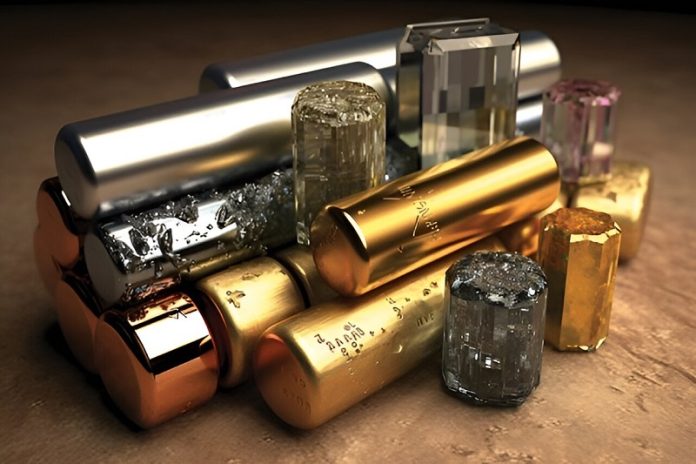
Critical minerals like lithium and cobalt are essential for powering batteries, electric vehicles, and renewable energy systems.
As demand for these materials grows, researchers are exploring new ways to recover them from sources other than traditional mining.
One promising approach involves using advanced membranes that can filter out these valuable materials from water and other sources.
A team of researchers from Yale University and MIT has recently published a paper in Nature Water that highlights a new method for improving membrane technology.
They are taking inspiration from living organisms to design membranes that work at a molecular level, allowing them to separate materials that are chemically very similar.
Camille Violet, the lead author of the paper and a Ph.D. candidate at Yale, explains that traditional membranes typically separate materials based on differences in size or charge.
However, this method struggles when dealing with elements like cobalt and nickel, which are nearly identical in their chemical properties.
“For instance, cobalt and nickel are right next to each other on the periodic table, which makes it difficult for conventional membranes to separate them,” Violet says.
“As technology has advanced, the challenges of recovering metals from waste streams have become more complex, requiring us to design our separation methods with greater precision.”
The researchers propose a new approach that involves designing membranes at a more detailed level, similar to how biochemists work.
They suggest that by studying how biological systems, like ion channels in cells, selectively filter out specific ions, we can mimic these processes in membrane design.
For example, many organisms have potassium ion channels that can selectively transport potassium while blocking sodium.
By understanding how these natural systems work, scientists can design synthetic membranes that are more selective and efficient in filtering out valuable materials.
The potential benefits of this technology are significant. The ability to precisely separate materials could make it easier to recover critical metals from waste streams, such as spent lithium-ion batteries and electronic waste.
This would not only reduce the environmental impact of mining but also help avoid the unethical labor practices often associated with mineral extraction.
Moreover, advanced membranes could be used in a variety of other applications, such as separating nitrate from agricultural runoff and improving water treatment processes.
As modern society produces more complex waste, the need for better ways to process and recover valuable resources becomes increasingly important.
The researchers hope their work will encourage membrane scientists to think more like biochemists. By drawing inspiration from biological systems and pharmaceutical development, they believe it is possible to create more advanced membranes that can meet the growing demand for critical materials in a sustainable way.
This new approach could pave the way for more efficient and environmentally friendly methods of recovering valuable materials from waste, helping to meet the world’s growing resource needs.



